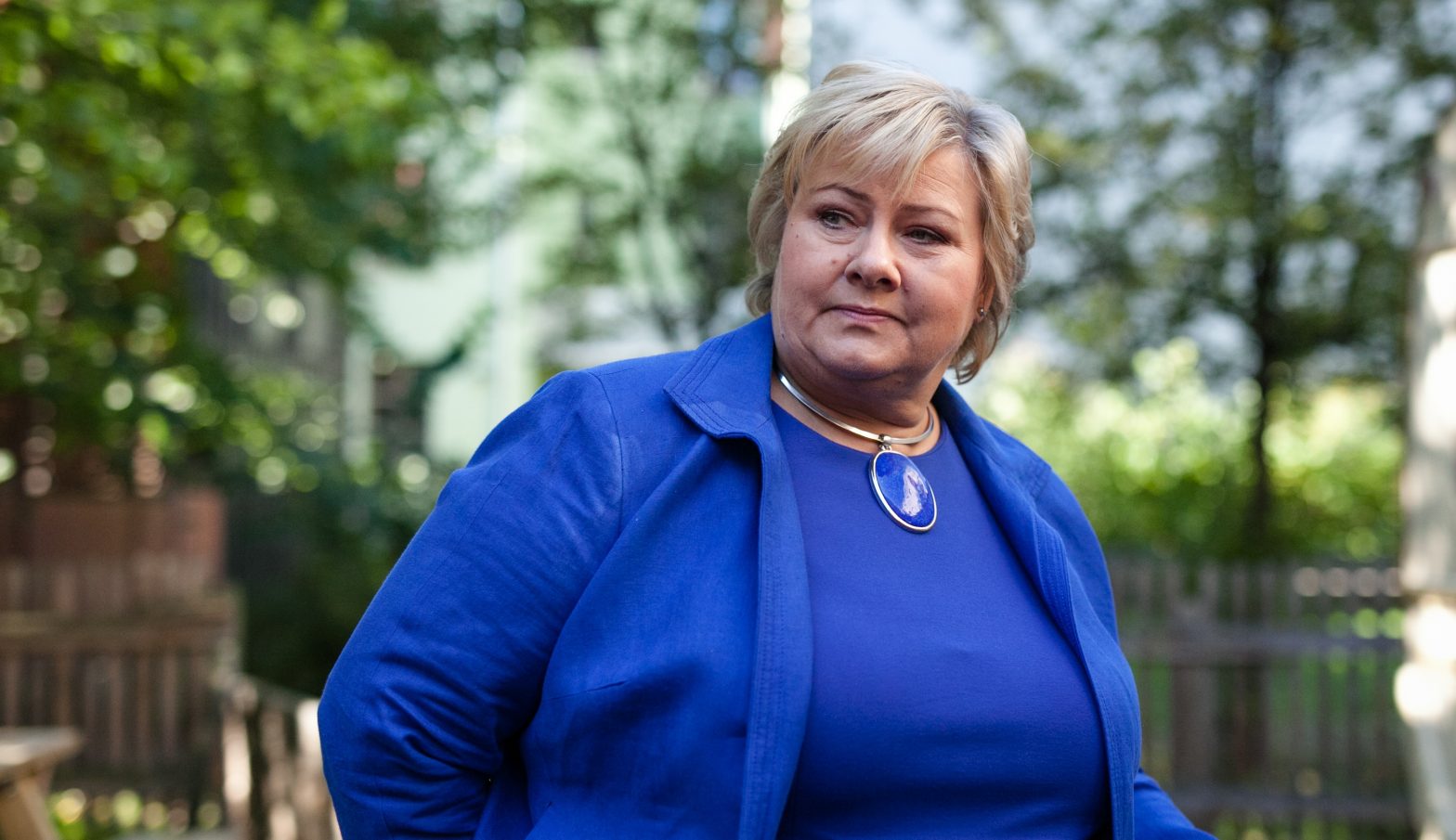Prime Minister Solberg, thank you for taking the time to speak with us at The Politic. At what point in your life did you realize you wanted to be a politician?
The pleasure is mine. Unlike the image presented by “House of Cards,” I never had a concrete plan to become a politician. I was engaged in politics in my hometown of Bergen, and in 1989, I was nominated as a candidate to the Parliament representing my county Hordaland.
Describe your political career to us. What stages in your rise to the office of Prime Minister did you enjoy the most? Which were the most challenging?
I have worked hard and focused on the content of politics. A key issue to me has always been shaping politics to solve real issues and real problems experienced by real people. In 2004, I became leader of the Norwegian Conservative Party. However, my party had a bad election in 2005 and we had to forfeit our spot in government and lose executive power. We then spent eight years developing new ideas and better solutions for Norway, and in 2013 we won the election based on a center-right coalition. What is most challenging and most rewarding to me personally is finding political solutions and to observe how they change society for the better.
Has Norway changed much in the last twenty years? If so, in what ways?
Norway has become a better society over the last twenty years. Our economy has grown, our country is more diverse, and social services are better. Nevertheless, we are still based on the “Nordic Model” a low-hierarchy society with an even income distribution, free education, and high productivity.
What is your view on Norway’s relationship with the rest of the continent? Do you think cooperation with the European Union (EU) and European Economic Area (EEA) is beneficial for the country?
Norway has good relations with EU and its member countries. Approximately 80 percent of our exports go to EU countries, so our cooperation with the EU through the European Economic Agreement—where Norway, Iceland and Lichtenstein are non-EU participants—is highly beneficial. Although we have comprehensive common legislation with the EU through the EEA, we have no direct influence on EU decisions as we stand outside.
Norway is known for its high levels of equality and living standards relative to other countries in the world. To what extent is this because of the taxation system, and what are the challenges your government faces to maintain these standards?
Low level of inequality is a result of good public schools and free higher education. Both the economist Thomas Piketty and a recent OECD report on inequality clearly state that giving high-quality education to all is essential to efforts to reduce inequality. The more competence and skills workers have, the more capital owners are willing to invest. Our taxation system is important for re-distribution and the financing of social services, but no social benefit can compensate for the lack of necessary skills to succeed in the labor market.
The debate on immigration has been prominent in Norway for some time now. Where does your government stand on this issue?
Diversity is a benefit for a society. Our primary concern is to offer protection for those who need asylum for different reasons, and to be able to successfully integrate them. Labor immigration is the most common form of migration, and has been a key factor in our economic growth.
What is your advice to young students at university who wish enter politics after graduation?
If you want to enter politics, you should start out by choosing a party and engage in its activities. My experience is that talent is rewarded. There are also plenty of interesting job opportunities in civil services.

